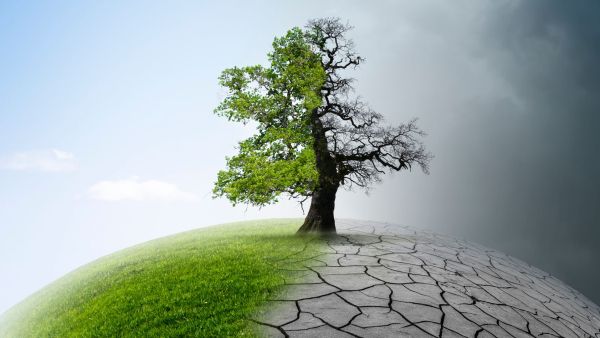Today, the industry and environment committees backed the deal on Energy Efficiency and Renewable Energy, negotiated by S&D MEPs Miroslav Poche and José Blanco respectively.
The final agreement with the EU Council sets a binding target of 32.5% improvement of energy efficiency by 2030, and a binding target of 32% share of renewable energy in the EU by 2030.
S&Ds not only achieved ambitious targets that will speed up the transition towards a clean and sustainable economic model and will help us meet our UN climate commitments, but they also secured affordable energy for all, and in particular for the most vulnerable groups.
S&D MEP Miroslav Poche, who is the author of the parliamentary report on the Energy Efficiency Directive, said:
“Saving energy is a win-win policy for all Europeans. Citizens will benefit because they will be able to afford to pay for heating in winter and cooling in the summer, and better insulated buildings will improve everyone’s well-being.
“It is also great news for the competitiveness of European industry, reducing costs and stimulating additional investment, growth and employment; particularly in the construction sector.”
The Parliament’s negotiator for renewable energy, S&D MEP José Blanco, said:
“This is the first big step towards an energy revolution that will apply also to transport, as well as the heating and cooling sectors. We have been living and consuming as if there was no other option but fossil fuels. Now we are setting the ground for a future clean and zero-carbon economy that will save Europe millions of euros in fuel imports and will improve our health and environment.
“We have learned from mistakes and we provide legal certainty for renewables, as well as an ethical and sustainable use of these renewable sources. For the first time we put in place a consistent strategy. High indirect land use change (ILUC) biofuels will be phased out through a certification process for low ILUC biofuels, which is to be established.
“We disincentivise investments in new production of food crop-based biofuels, and we push for advanced biofuels, using materials such as forest residues, agricultural waste and manure from livestock.
"The agreement establishes the right to self-consumption, to generate, consume, store and sell the excess production of renewable electricity and the right to be remunerated for the electricity injected in to the grid.
"The Union will allocate additional funds to facilitate a just transition of carbon intensive regions towards increased shares of renewable energy."
The agreements on both reports will be voted on by the Parliament’s plenary in November.
Related content
Find out more








